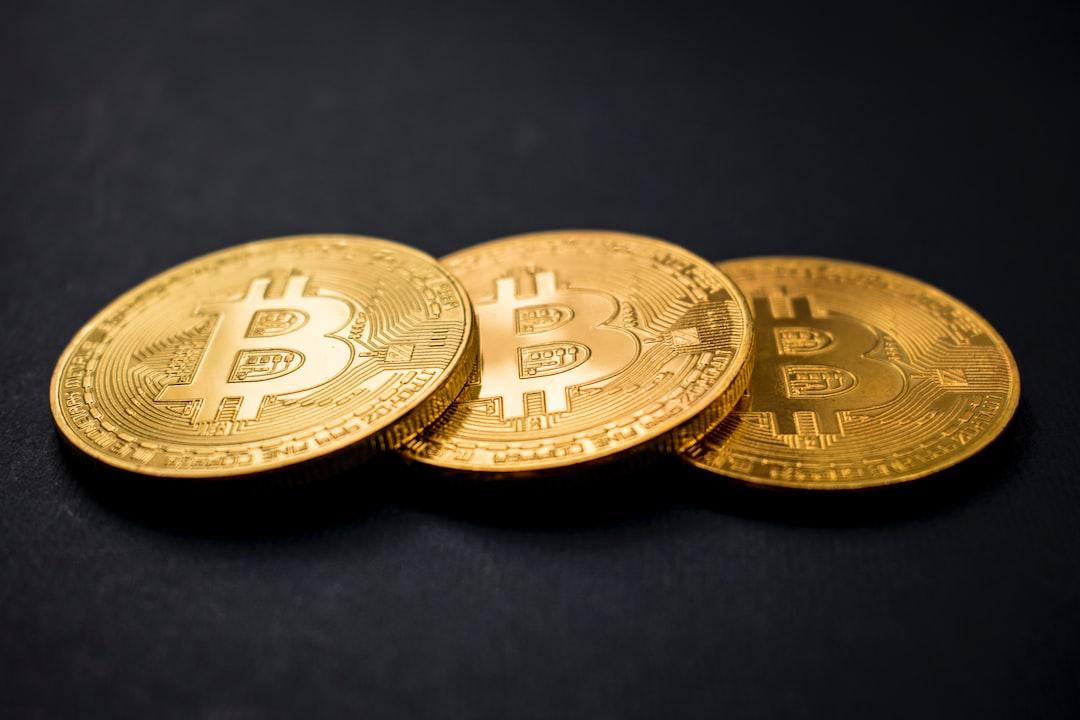FTX Faces Backlash Despite Planned Full Repayment Plus Interest
Cryptocurrency exchange FTX has found itself in the midst of controversy due to its proposed repayment plan for creditors. After experiencing a collapse fueled by fraud in November 2022, FTX declared bankruptcy, leaving users unable to access their held cryptocurrency.
On May 7, FTX announced its plan to repay customers their holdings plus interest after a two-year period. However, this repayment plan has sparked backlash among creditors.
FTX intends to raise between $14.5 billion and $16.3 billion by selling off assets to repay creditors. Under this plan, creditors will receive $11.2 billion, resulting in a payout of up to 118% of the value of their FTX accounts as of November 2022, compensating for the time value of their investments.
The funds to repay users will come from monetizing various assets, including cryptocurrency held by the platform, proprietary investments held by Alameda or FTX Ventures businesses, and litigation claims. Notably, FTX’s 8% stake in AI startup Anthropic was sold to institutional investors for $884 million in March.
Despite FTX’s repayment plan, creditors are furious because they will not receive their crypto back. Instead, they will receive US dollars based on the value of their accounts at the time of FTX’s bankruptcy in November 2022.
The cryptocurrency market, which experienced a crash following FTX’s bankruptcy, has since made a significant recovery. Bitcoin, for example, has more than tripled in value from $17,000 to over $64,000.
As a result, creditors will not benefit from the higher prices of Bitcoin, but will instead receive a 9% interest rate. This has led to backlash, as many believe this interest rate does not adequately compensate for the true value of the assets lost.
Arush Sehgal and Acaena Amoros Romero, whose life savings were tied up in FTX, stand to recoup only about $1 million, a quarter of what their account would be worth today. Sehgal, a former member of the FTX creditor committee, has criticized the handling of the case by the restructuring advisors.
Repayments from FTX may be issued later this year, but resistance from creditors could impede the process. Over 80 creditors have filed letters with the bankruptcy court, criticizing decisions made by FTX CEO John Ray, particularly the methodology used to determine account values.
Sehgal estimates that more than 1,500 creditors share his views, as demonstrated by the response on FTX.vote, a platform he created to rally opposition to the plan.
In January, a group of creditors sued FTX in bankruptcy court, arguing that their crypto was not a sellable asset. The resolution of this lawsuit will likely need to occur before any payouts can be made to customers. The outcome of this legal battle will determine the fate of the FTX repayment plan and the financial recovery for its former customers.
The success of the plan in satisfying creditors depends on resolving this legal dispute and the overall trajectory of the cryptocurrency industry.

